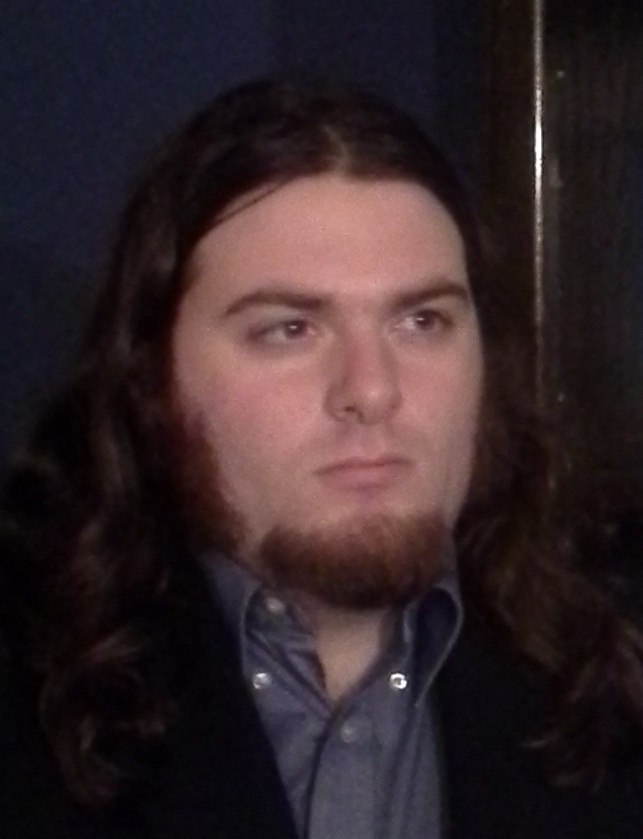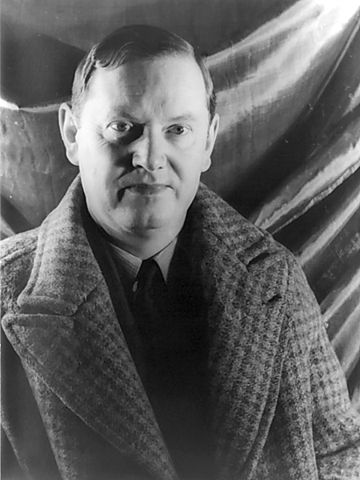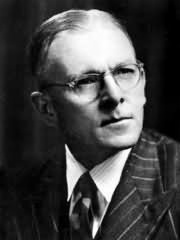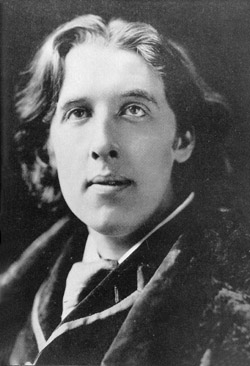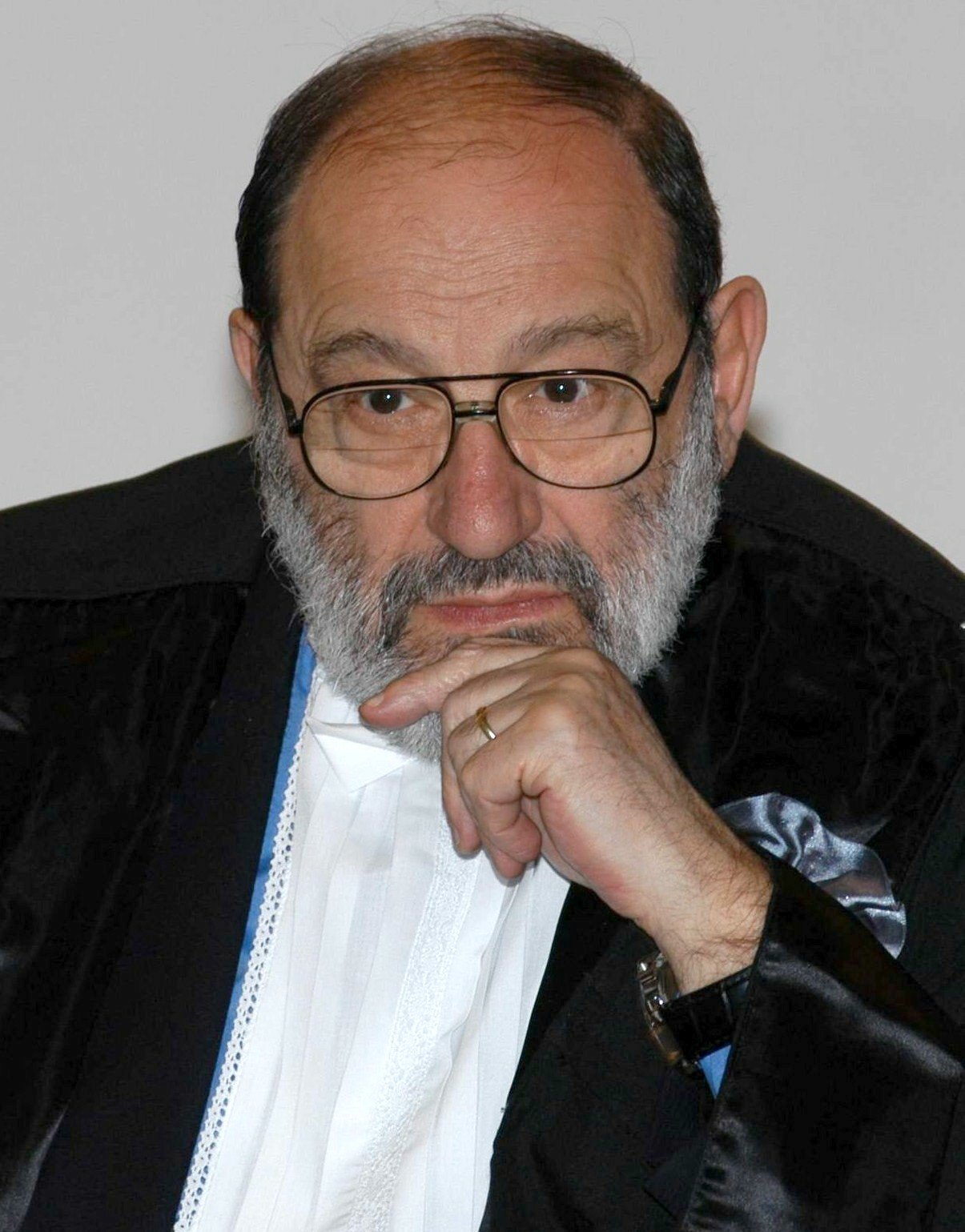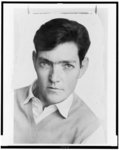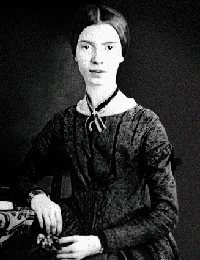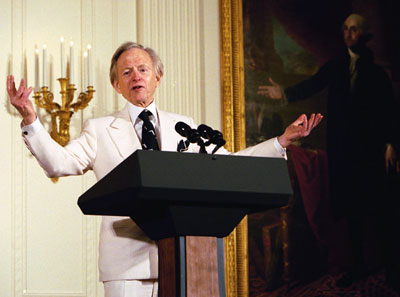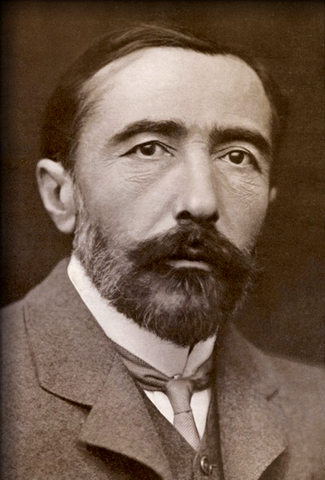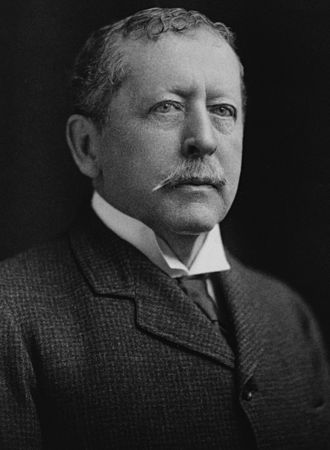Writers are often the best champions of other writers. In the early days of the last century, it was Nobel laureate George Bernard Shaw who helped cement Henrik Ibsen’s reputation in the English-speaking world. Years later, Pulitzer Prize winner Walker Percy would play a crucial role in arranging the posthumous publication of John Kennedy Toole’s A Confederacy of Dunces (1980) after a manuscript thereof was sent to him by Toole’s mother. That Bernard Shaw and Walker Percy were, by then, quite prominent in their own rights was of course a huge help to their causes, as seems so often to be the case.That’s why it’s rather lucky for P.G. Wodehouse that his mantle was taken up by none other than Evelyn Waugh.
us toll free: 1-800-948-5563 international: +1 (843) 849-0283 UK: +44 (0) 1334 260018




